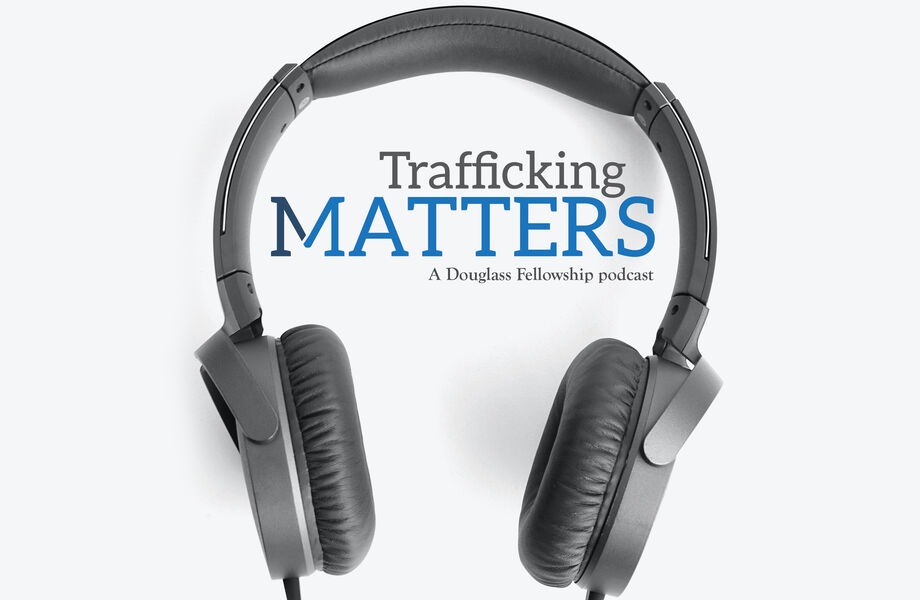In September 2018, the Human Trafficking Legal Center published its report, United States Federal Courts’ Continuing Failure to Order Mandatory Criminal Restitution for Human Trafficking Victims.1 This report built on its 2012 study, When “Mandatory” Does Not Mean Mandatory, which examined the prevalence of restitution orders in federal criminal human trafficking cases. The two reports underscore one key concept—federal courts are not following the law when it comes to restitution.
Restitution Orders by the Numbers

Federal law mandates defendants convicted of federal human trafficking offenses to pay restitution to their victims for the losses they suffer as a result of the trafficking scheme.2 Despite that unambiguous requirement, in 2017, federal courts awarded restitution in only 27% of human trafficking cases.3 This number is down from the Human Trafficking Legal Center’s 2012 report, which calculated a 36% award rate. This breakdown can be attributed both to the prosecution’s failure to request restitution in human trafficking cases and the judge’s failure to grant the restitution request.
If and How You Ask for Restitution Matters

The burden of securing restitution awards for human trafficking victims partially falls with the prosecution, who is in the best position to request restitution from the court. Of the 324 cases the Human Trafficking Legal Center analyzed in its 2018 report, the prosecution did not seek restitution in 107 cases—about one-third of the time. When the prosecution did not request restitution, the award rate fell to 7%, meaning the court almost never granted restitution absent the government’s request.
Of the 217 cases where the prosecution did request restitution, the success rate was highly dependent on how the request was made. For requests made in the defendants’ plea agreements, restitution was awarded 20% of the time. However, the award rate almost quadrupled if the prosecution’s request was contained in the sentencing memoranda, with a success rate of 75%. The highest award rate – 86% – was achieved by the prosecution filing a separate pleading devoted solely to the issue of restitution.
As a result, several United States Attorney’s Offices (USAO) across the country have ramped up their efforts to secure restitution for trafficking victims. The Human Trafficking Legal Center reported that 90% of USAOs who brought cases during the 2018 reporting period requested restitution in one or more cases, compared to 71% in 2014. In addition, out of the 94 USAOs across the country, 25 districts requested restitution 100% of the time. Though these efforts should be recognized and applauded, the request is only half the battle.
Without the Judge, There is No Restitution

The second key to a successful restitution award is the judge. No matter how committed the prosecution is to requesting restitution for trafficking victims, the court is the only entity that can order a restitution award.
From the 2012 to the 2018 report, the Human Trafficking Legal Center found that prosecutors were more likely to request restitution. However, they were less likely to be successful. In fact, in nine districts, the prosecution had a perfect request record when it came to restitution, but the judge denied the award 100% of the time.
These districts included:
- District of Maryland
- District of Nevada
- District of South Dakota
- Eastern District of Tennessee
- Middle District of North Carolina
- Southern District of Illinois
- Southern District of Iowa
- Western District of Arkansas
- Western District of Louisiana
Judges who refused restitution requests to trafficking victims had a variety of reasons for their denial. The reasons included: the request was made too late in the case; the request was not in writing; the trafficking victim exclusively worked abroad; the work for which the victim would be compensated was illegal; the defendant did not have the means to pay restitution; and the court wished to close the case. Notably, the federal law mandating restitution does not create exceptions for any of the aforementioned reasons.
Despite noncompliance from some judges, the Human Trafficking Legal Center found more judges are awarding restitution than ever before. From the 2012 to the 2018 report, the number of judges with at least one restitution order jumped from 28 to 41. This metric reveals a hopeful trend for restitution when paired with continued education and accountability of the judiciary.
Put Your Money Where Your Mouth Is

The Human Trafficking Legal Center’s report also tracked how much restitution had been paid to victims, not merely ordered. Of the 32 restitution orders secured in 2015, only seven defendants had begun paying. That year, courts ordered a total of $4,018,988 in restitution, only $987 of which has been collected.
The numbers for the 2016 cases showed more promise. Of the 75 restitution orders obtained, 25 defendants began making payments. Moreover, four defendants have already paid the dollar amount in full.
Recommendations Moving Forward
In order to remedy the restitution failures discussed above, the Human Trafficking Legal Center put forth three main recommendations:
- Prosecutors need continued education about mandatory restitution and the best approaches to requesting it from the court.
- The federal judiciary needs to be trained on mandatory restitution for cases involving a human trafficking statute.
- Trafficking victims should receive a victim-witness counsel to advocate for restitution and other victims’ rights issues before the court.
Each of these steps will ensure that “restitution orders become the rule, not the exception.4”
- 1 For more information on methodology, please refer to the Human Trafficking Legal Center’s report.
- 2 18 U.S.C. § 1593.
- 3 The Human Trafficking Legal Center, United States Federal Courts’ Continuing Failure to Order Mandatory Criminal Restitution for Human Trafficking Victims (2018), http://www.htlegalcenter.org/wp-content/uploads/2018-Mandatory-Restitution-Report.pdf.
- 4 Id.




